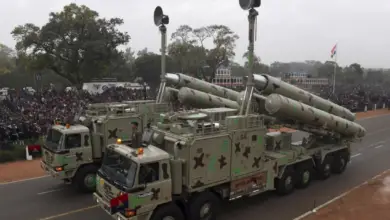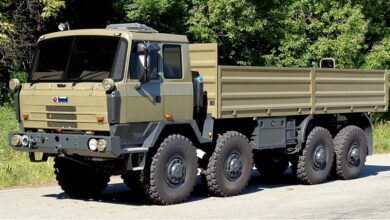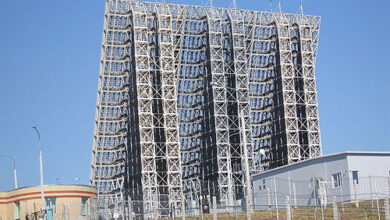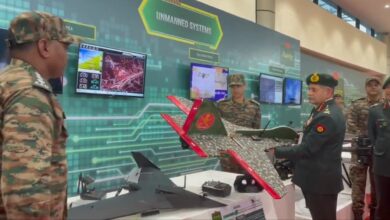India to Develop Three Spy Planes
India is considering developing three signals intelligence and communications jamming system aircraft after attempting to procure them from abroad.
Approval could come next week as the consideration is at an advanced stage, Asian News International revealed, citing sources.
The Defence Research and Development Laboratory and the Indian Air Force will develop the Airbus A319-based aircraft using primarily indigenous technology and equipment.
A tender to buy the base platform will be issued later.
India has been looking to buy the aircraft for over a decade. However, the specifications have now been finalized, Asian News International added.
Previous Procurement Attempts
New Delhi’s indigenous development initiative follows three attempts to bring global manufacturers on board to develop the aircraft.
India shortlisted Embraer and Israel Aerospace Industries for the aircraft project in 2009.
Both bidders offered the IAI-Elta airborne integrated signal intelligence system.
However, New Delhi’s inability to define an offset policy and the resultant price escalation saw the project canceled.
Three years later, a new request for proposal was issued by the Indian Air Force for the development and procurement of nine intelligence-gathering aircraft.
Two of the aircraft were for signals intelligence while the rest were for communications jamming.
In 2017, a fresh request for proposal was issued for the acquisition of seven spy planes for an estimated $570 million.
How It Works
The aircraft picks up radio frequency emissions from deep in enemy territory, enabling identification and classification of enemy radar, communication, and weapon systems.
It can also degrade or disrupt communication networks.
“The main mission of these aircraft would be to map and update the electronic order of battle of the adversary at regular intervals during peacetime and in addition, degrade or disrupt the communication network of the adversary during hostilities,” Defense News quoted retired Indian Air Force air marshal Daljit Sigh as saying.
“These aircraft are required to be networked with ground stations and other airborne platforms for secure exchange of information.”












